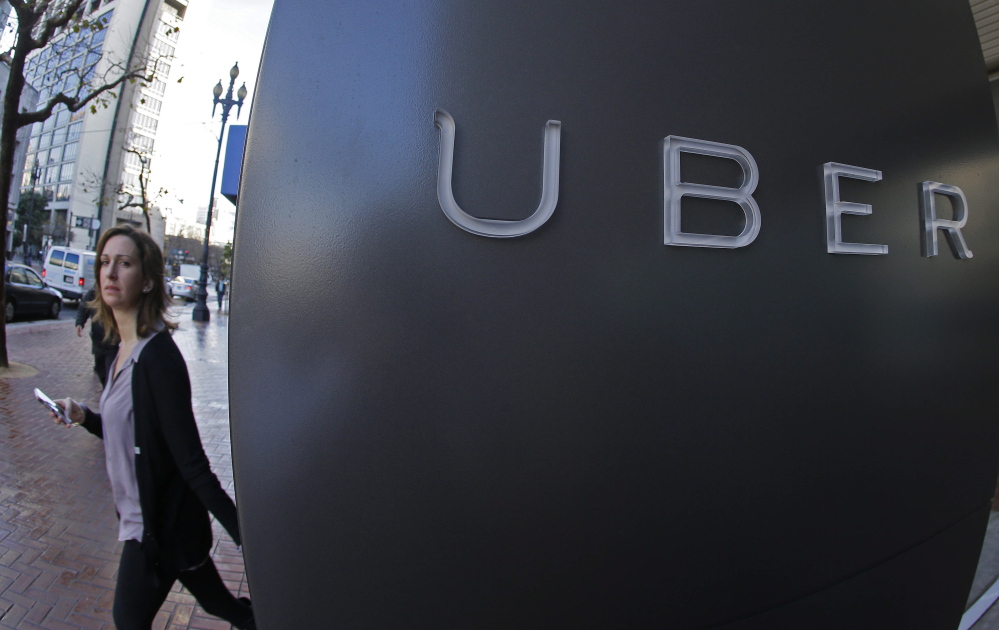WASHINGTON — Every time Uber gives a ride, it collects several notable pieces of data: the location where a car picked you up, the time of day, the location of your destination, and the time it took you to get there. Add up thousands of trips, and contained in that data are some even more interesting patterns: Uber knows when and where travel demand spikes on a Saturday night, how long it takes to cross town during rush hour, which neighborhoods need service that cabs cannot satisfy.
Uber, in fact, probably knows some of these patterns better than many cities do – which is why cities are eager to have this data. Thus far the company has held it close. But this week Uber is announcing plans to share its data more broadly with local governments in a gesture that’s both an act of goodwill and a bid for good press after a rough few months of criticism.
The data will include date, time, distance traveled and origin and destination locations for individual trips, identified only by zip code tabulation area to preserve privacy. Once held by cities, this information will be open to records requests, meaning that the public (and researchers) will have access to it, too.
Uber, which operates in 140 cities worldwide, including New York, Boston and Providence, Rhode Island, started offering its service in Portland last year. The service has been criticized by taxi companies who complain it has an unfair advantage because its drivers are not subject to licensing and insurance requirements. Portland officials are considering regulations..
Send questions/comments to the editors.



Success. Please wait for the page to reload. If the page does not reload within 5 seconds, please refresh the page.
Enter your email and password to access comments.
Hi, to comment on stories you must . This profile is in addition to your subscription and website login.
Already have a commenting profile? .
Invalid username/password.
Please check your email to confirm and complete your registration.
Only subscribers are eligible to post comments. Please subscribe or login first for digital access. Here’s why.
Use the form below to reset your password. When you've submitted your account email, we will send an email with a reset code.